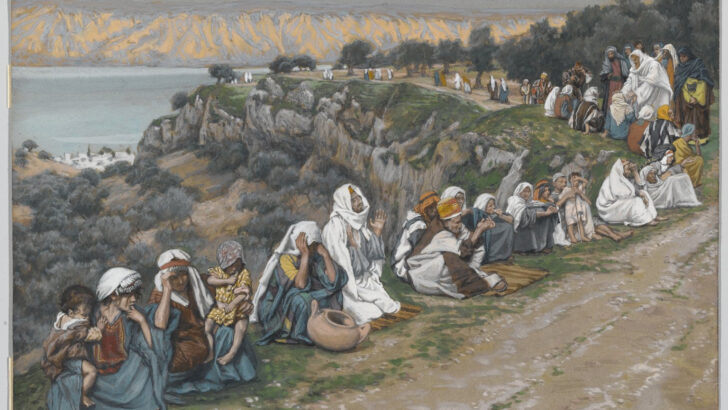Pastoral care for Loneliness: A New Apostolate, by Matthew Fforde (Gracewing, £9.99)
Sometimes a reviewer has to ask themselves, following the changing events of the days, whether some books deserve to be noticed again, to prevent them getting lost in the flood tide of new books which seem so often to carry away good books, only to wash up on the polluted beaches of the internet ‘best sellers’ that surely not many people would want to read.
Publishers
This is especially true of smaller publications from specialised publishers. Last autumn this present title was indeed noticed, but at that time of the year the crush of ‘books for the holiday’ often casts small items into the shadows.
Matthew Fforde is the author of Desocialisation: The Crisis of Post Modernity (Gabriel Communications, 2009), which began the Catholic social project to which this pamphlet belongs.
I thought at the time that the book suffered from his too tight focus on a certain section of English Catholicism – and by English I mean English and not a synonym for British.
What he was appealing for was the excellent idea of a new Catholic apostolate of social care; but I wondered if those already active in this field, were not doing what should be done.
I felt that a wider social base was needed for what he was suggesting, not something just worked in the Catholic section of the community, but across the whole of society.
What brings the matter into closed focus is the seeming rash of couples being found dead in their isolated homes, dead by their own volition. But even worse the remains of neighbours being found after months and even years dead in their own homes, which the social services have in the end to break into.
How often is it reported that the old man was ‘loner’, polite enough, but not one for company. How often do the neighbours say they thought he had gone off to supposed relatives in England.
Passing through many cities and towns, and even through country lanes, one sees houses closed up. One has to wonder about them. For other reasons, as we know, houses should not just lie empty in a housing crisis.
Desocialised
Indeed, we do seem to have become desocialised in a very strange way. The fault is not the neighbours. There was a time when the parish clergy saw to it that they knew who lived along the streets and by roads of their parishes.
They compiled a Liber Status Animarum, a small book in which house by house the names of the families, the details of the marriages, and other details were documented.
This is astonishing material that one cannot see any parish servant these days keeping.
The little registers have long passed into history; though I was surprised that some historians were unaware of their existence. If today such data were kept on a computer it would be officially regulated.
So nowadays we respect people’s privacy, even to the extent of letting them die in the privacy of their own isolation. And society as a whole is the worst for it.
Read what Matthew Fforde has to say, and think about it, even act upon it. Something has indeed changed in society, and not for the best. It is not, of course, the Catholic community that needs an answer, but the whole of society.


 Peter Costello
Peter Costello The sick, crippled and anguished waiting along the road for Jesus to pass, from an 1880s painting by JJ Tissot.
The sick, crippled and anguished waiting along the road for Jesus to pass, from an 1880s painting by JJ Tissot. 